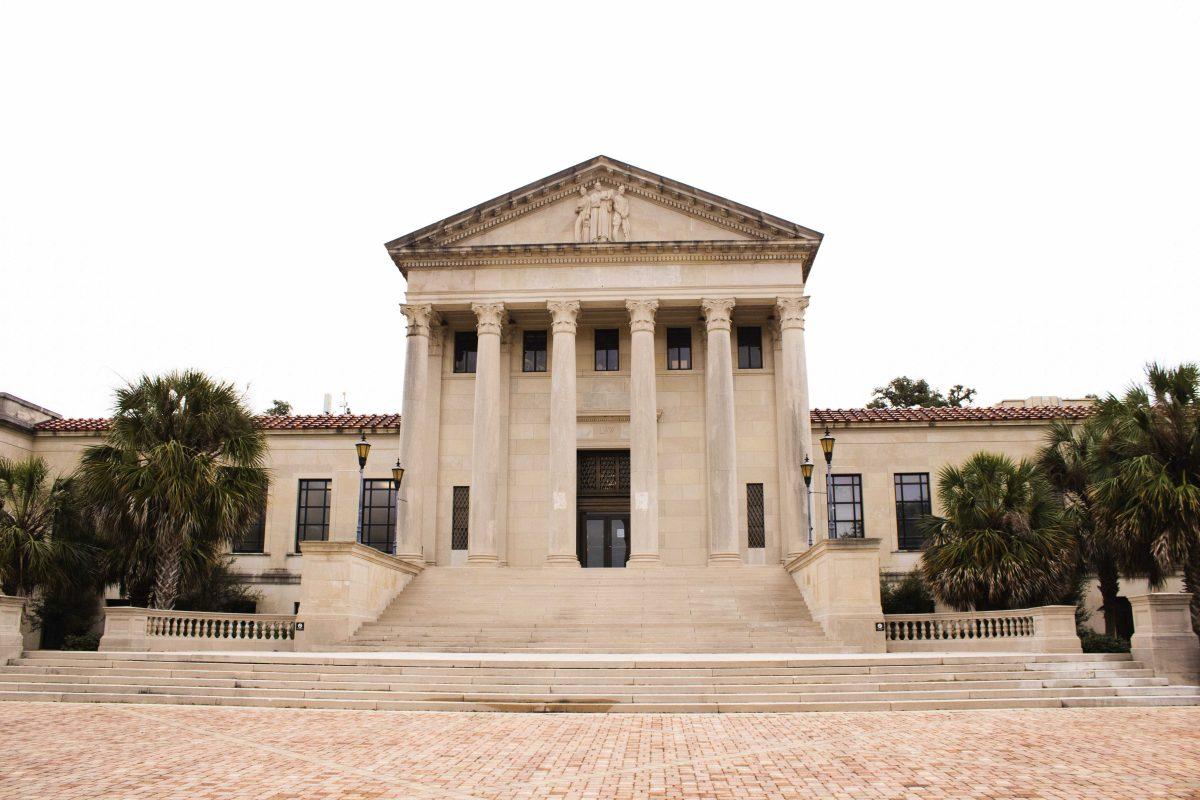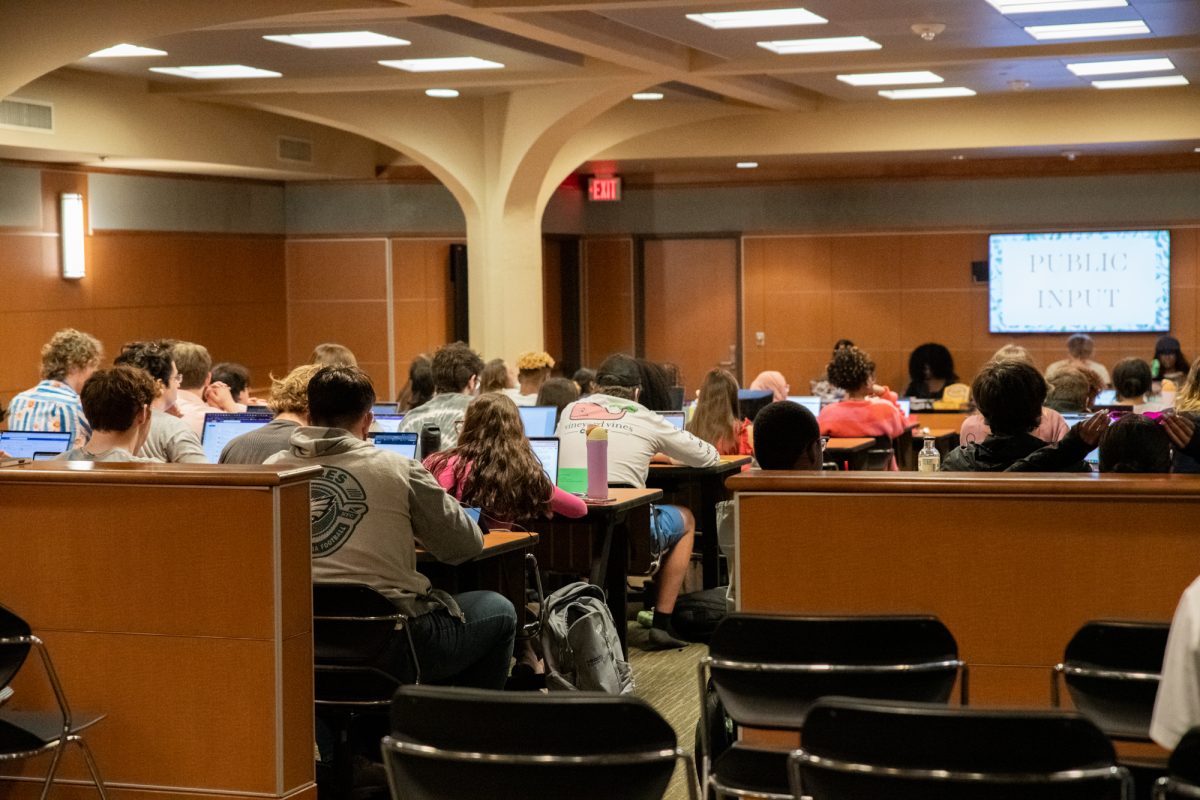While almost a week has passed since Student Government announced it would stop providing students with free Scantrons and blue books excluding midterms and finals weeks, the program’s future and funding source are still hazy.
Until a permanent solution can be reached to fund the program year-round, Scantrons and blue books will be available to students during midterms and finals with a limited amount being distributed during the rest of the semester, according to SG President Taylor Cox.
Cox said his administration was not given the same amount of funding for this program as previous administrations.
The Scantron program was previously funded through grant money provided by Coca-Cola. While Coca-Cola provides the same amount of funds to the University, Cox said those funds now go to student scholarships.
The Scantron program costs an estimated $8,000 last year, a number that has already been surpassed this semester, Cox said.
Cox said the rise in cost could be a result of several things.
“We have had a problem with some of the Greek chapters,” Cox said.
He said Greek members recently have been required to bring a certain amount of blue books into their Greek organizations, which has resulted in those same members going to the SG office to get Scantrons rather than buying them in a bookstore.
SG Chief Justice Morgan Faulk said a variety of issues led to the rising costs, including students abusing the program.
“It was the perfect storm of problems,” Faulk said. “It’s terrible that some people who have misused the program ruined it for everyone.”
Faulk said she has spoken to representatives from other Southeastern Conference universities about their Scantron programs, and they saw similar results.
“Arkansas gave out Scantrons last semester and had to take them away this semester,” Faulk said. “They spent $50,000 on Scantrons in one semester.”
SG Director of Academic Affairs Thomas Rodgers said SG does not receive discounts on the Scantrons it purchases.
“We used to receive a small discount from the bookstore, however, we do not receive that anymore,” Rodgers said.
SG does not want to cut the program, but SG would have to cut funding from other important services to continue funding it, he said.
“We want to provide Scantrons to students,” Rodgers said. “If we had unlimited funds, we would have no problem with giving out free Scantrons, but it’s getting to the point that we can’t fund it and be financially responsible.”
However, SG is currently looking into alternative ways of paying for the program for this semester.
Cox said he has recommended to both of the new SG presidential candidates that they include the costs of the Scantron program into their sponsorship packages — a binding document that must be written at the beginning of each presidential term — so the program can continue to be funded during future semesters.
One alternative would be if the College Councils fund the program.
However, if the College Councils’ President Commission decides not to fund the program Friday, Cox said he will use money from his contingency — or surplus account — to fund a limited amount of Scantrons for the remainder of the semester.
“It was the perfect storm of problems…It’s terrible that some people who have misused the program ruined it for everyone.”






